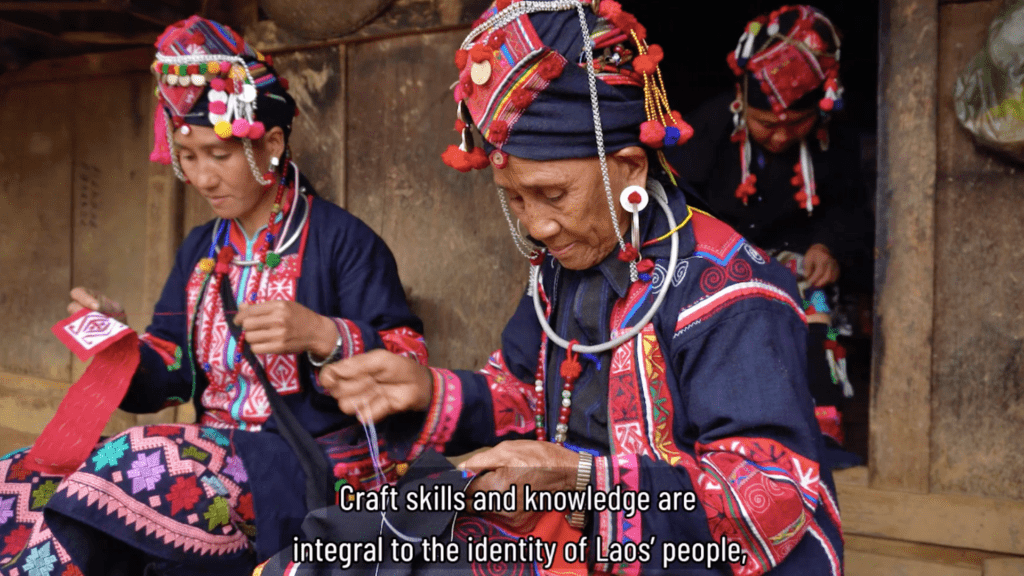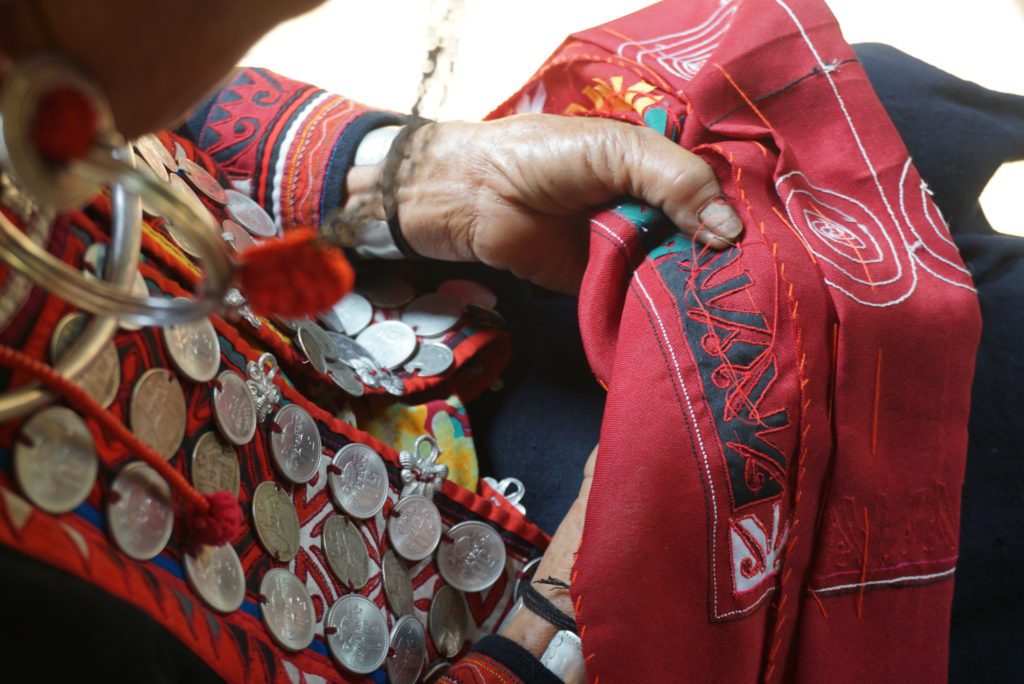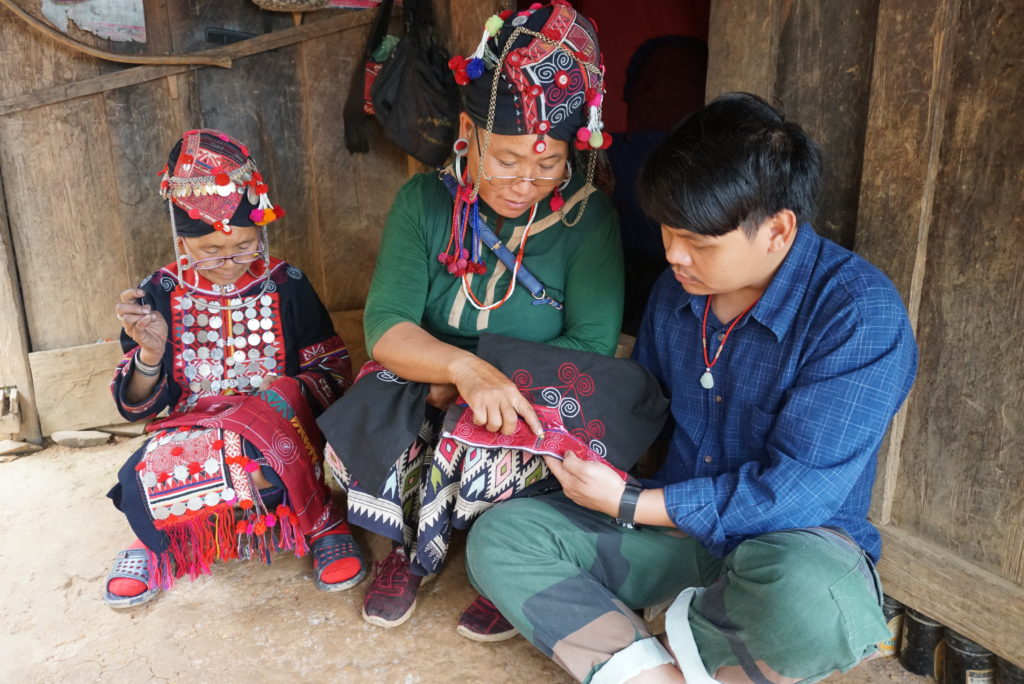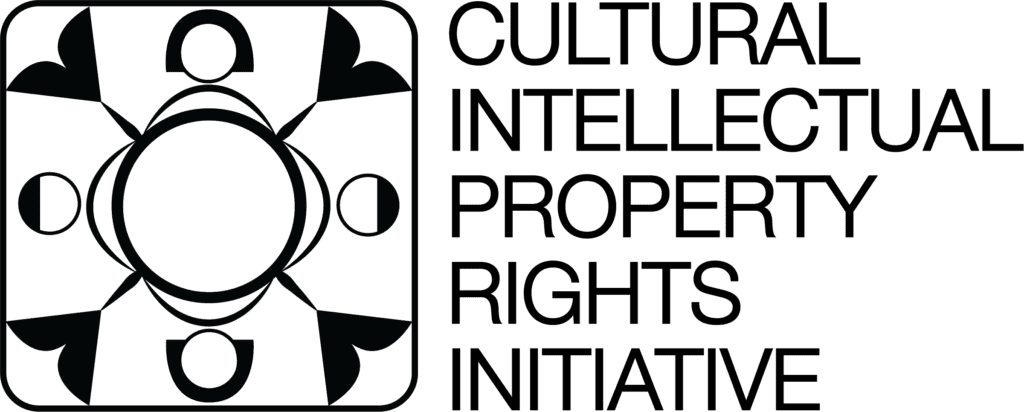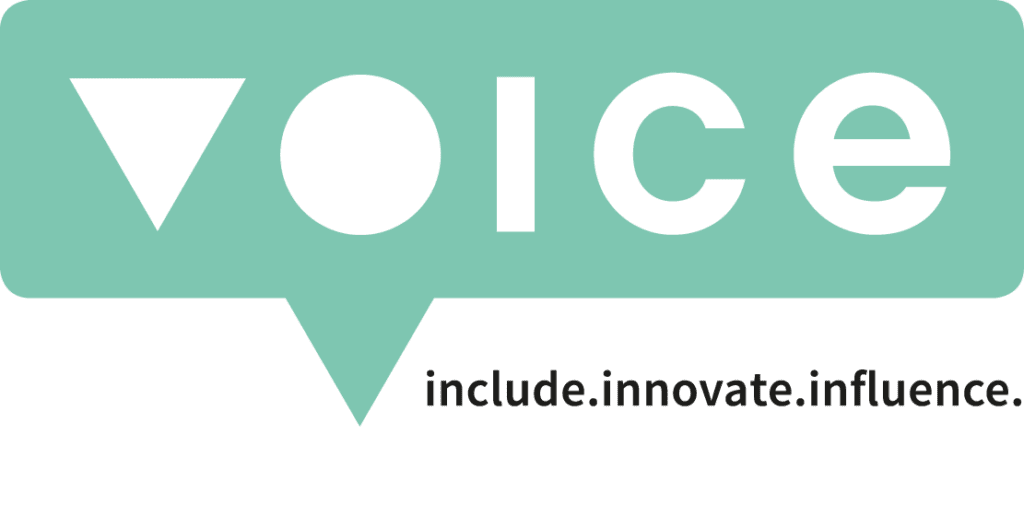No products in the cart.
Intellectual Property Rights, including copyright and trademark, exist as part of an international legal framework protecting original work. However, this framework does not apply to Traditional Knowledge (TK) and Traditional Cultural Expressions (TCEs); the heritage, skills, practices, and creations shaped by traditional culture.
The Cultural Intellectual Property Rights Initiative® proposes a new generation of rights related to TK and TCEs. These rights would provide legal protection against misappropriation and misuse of TK and TCEs for an indefinite period of time and fill a legal gap for indigenous and traditional communities to protect their heritage.

